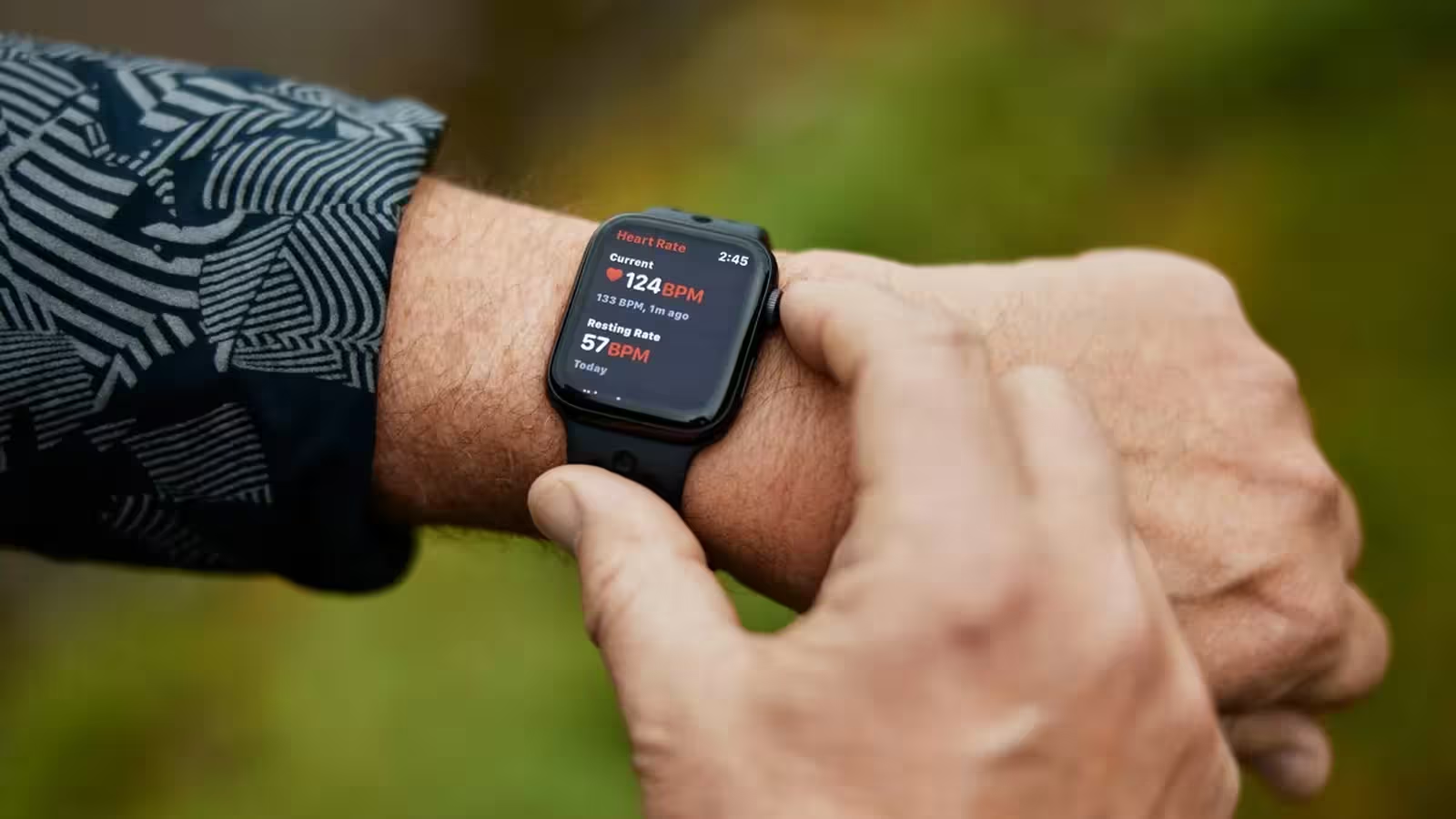4 Minutes
AI-Powered Health Tracking: The Next Big Leap for Apple Watch
Artificial intelligence often makes headlines for its challenges and controversies, but in the realm of digital health, AI is poised to transform user experiences for the better. In a move that could redefine wellness tracking, Apple is investigating how advanced machine learning could significantly enhance health metrics on upcoming Apple Watch models—without requiring any new physical sensors.
Behind the Innovation: AI-Driven Insights From Your Wrist
A recently published paper from Apple’s Machine Learning Research division reveals promising developments. Apple has created an AI model that leverages Apple Watch behavioral data to predict a diverse range of health conditions. Notably, the company says this system can identify health issues with even higher accuracy than many current market-leading smartwatch sensors.
Traditional wearables rely heavily on sensor-based, real-time health analytics, monitoring data such as heart rate or movement. Apple’s proposed solution, however, uses artificial intelligence to analyze usage patterns, including exercise routines, sleep behaviors, and daily movement, to proactively detect potential health concerns before symptoms might emerge.
Wearable Behavior Model: Harnessing AI for Advanced Wellness Monitoring
The AI model—known as the Wearable Behavior Model (WBM)—demonstrated remarkable capabilities during internal studies. For example, the WBM accurately identified the early signs of pregnancy with up to 92% accuracy when paired with biometric data, far surpassing classic sensor-based approaches. The model also excelled at determining ongoing health states, such as whether a user is on beta blockers, as well as more transient conditions like sleep quality.
Comparing to Today's Best Smartwatches
Unlike conventional smartwatches that require a variety of physical sensors for each health metric, Apple’s AI solution could make powerful health insights available even on existing devices. This approach stands in contrast to competitors, potentially offering Apple Watch users access to more nuanced and actionable health data without the need for hardware upgrades.
Privacy Considerations and Ethical Questions
Of course, integrating AI and health data is not without challenges. Apple has long promoted its focus on user privacy—but as with all AI models, the source and handling of training data can be a concern. For the development of the WBM, Apple used anonymized data from its Heart and Movement Study, which included over 160,000 voluntary participants donating health data from their iPhones and Apple Watches. Over 2.5 billion hours of data helped train and validate the model across 57 separate health-related use cases.
Despite Apple’s stringent privacy standards, some worry about how sensitive health details—especially regarding reproductive health—are used in AI models. In an era of evolving digital rights, questions remain about data transparency, consent, and the potential misuse of deeply personal information.
Market Implications and Future-Proof Use Cases
This potential AI upgrade comes at a time of renewed attention on wearables in public health. For instance, U.S. Secretary of Health and Human Services Robert F. Kennedy Jr. has set an ambitious target: for every American to own a wearable in four years, as part of a nationwide effort to improve health outcomes. AI-powered health insights on the Apple Watch could play a pivotal role in realizing such a vision, bringing preventative healthcare and proactive wellness monitoring into everyday life.
Whether this cutting-edge AI technology ships in the next generation of Apple Watch remains to be seen. But if it does, it could offer a game-changing platform for both personal health management and the broader wearables market, cementing Apple Watch’s reputation as a leader in digital health innovation.



Comments